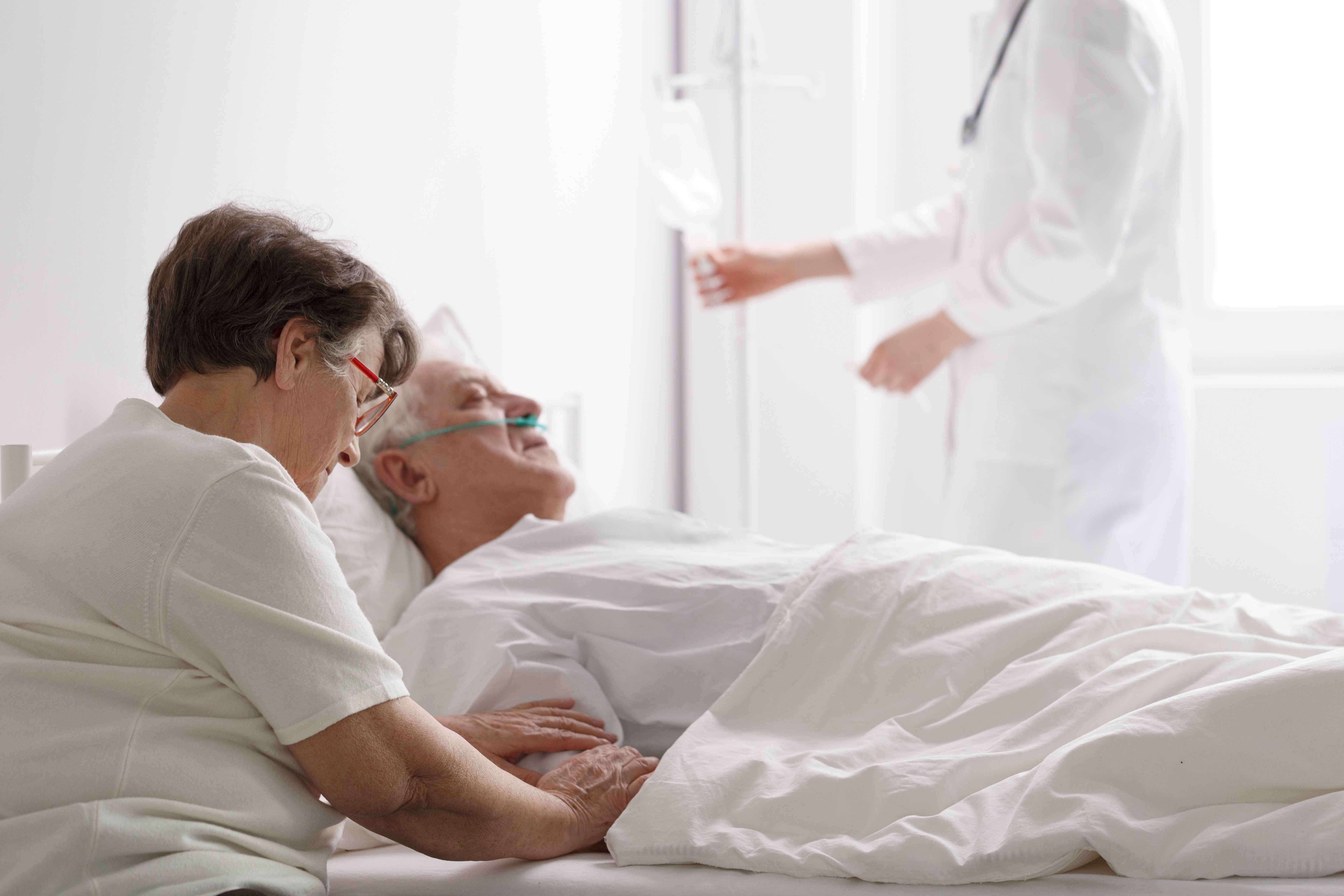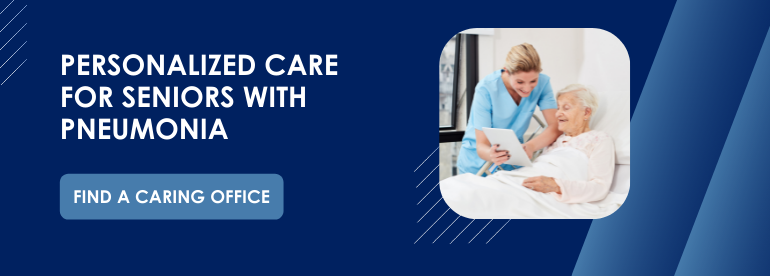Pneumonia is inflammation of the air sacs in one or both lungs. This condition can range from mild to life threatening. It can result in symptoms that include pain when breathing or coughing, a heavy cough with phlegm, fever, chills, fatigue, and shortness of breath. Some patients may need to be hospitalized, whilst others experience much milder symptoms and can still go about their daily life.
For seniors, pneumonia is much more likely to be severe or life threatening. Pneumonia in seniors is a serious matter that often requires hospitalization. The highest number of deaths from pneumonia is amongst people aged 85 and older. In this post, we will explore a number of reasons why seniors are more prone to severe pneumonia.
Factors that Make Seniors Vulnerable to Severe Pneumonia
There are a number of reasons why seniors are more likely to catch pneumonia in the first place, including the following factors
- Weaker immune systems: As we get older, our immune systems become weaker, which makes us more vulnerable to any infections going around. Pneumonia can be caused by bacterial, fungal or viral infections, all of which are more likely to pass on to people with weaker immune systems.
- Close quarters: Seniors are more likely to be hospitalized or spend extended time in health care. In some cases, people can catch pneumonia while in hospital, long-term care facilities, or another health care situation. This type of pneumonia often involves resistant bacteria, which can be harder to fight off. Infections are also, of course, more likely to spread through assisted living facilities and retirement homes where there are a lot of people together with compromised immune systems.
- Chronic diseases: Certain chronic conditions increase the risk of pneumonia. These conditions include asthma, chronic obstructive pulmonary disease (COPD), and heart disease. COPD is common in seniors and tends to worsen over time, resulting in more serious implications for older people. Diabetes can also increase risk, especially if poorly controlled. Additionally, pneumonia further weakens the immune system, causing a downward spiral in seniors that can result in other infections or aggravation of other health conditions.
- Smoking: Smoking also increases the risk of pneumonia. Because younger age cohorts are less likely to smoke or to have smoked for a long time, they are at a lower risk for pneumonia than seniors.
- Poor nutrition: Seniors tend to be undernourished because of reduced appetite with age and increased pickiness of eating. A poor diet can cause a senior to be at a higher risk for developing pneumonia or other health conditions.
- Difficult diagnosis: Seniors are less likely to realize they have pneumonia, particularly if they already have another lung problem, such as COPD. Reduced lung capacity results in less coughing and, thus, more build up of fluid before symptoms are noticed. A weakened immune system, paradoxically, can also reduce symptoms. This means that pneumonia can be more severe before diagnosis. In some cases, seniors can be asymptomatic, but the unnoticed pneumonia aggravates other conditions.
- Medications: Seniors take more prescription medications than any other age group. In many cases, it's hard for doctors to administer the right antibiotics because a prescription to treat pneumonia may conflict with other medications a senior is taking.
Unique Symptoms of Pneumonia in Seniors
Seniors may experience unique symptoms of pneumonia. Watch the video below to discover some of the signs to watch for in your aging loved ones.
Protecting Your Loved One from Pneumonia
Because pneumonia is so common and severe for seniors, it's important to take what steps you can to protect your loved one from the disease. Here are some basic things you can do:
- Vaccinations: The CDC recommends the pneumococcal polysaccharide vaccine (PPSV23) for all adults 65 years and older and the (PCV13) for seniors who have a cochlear implant, cerebrospinal fluid leak or any condition that weakens their immune system. PCV13 should be administered first, and the two vaccines cannot be administered at the same time. Because influenza can lead to pneumonia, it's important for seniors and those who live with and care for them to get their seasonal flu shots. Make sure everyone is up-to-date on their shots.
- Good hygiene: Practice good hygiene, especially when visiting a loved one in a retirement facility or nursing home. Use hand sanitizer both when you enter the facility and when you leave. Even the most pristine nursing home can be a petri dish and you don't want to get sick either. Most hospitals, retirement facilities, and nursing homes have hand sanitizer stations by the entrance.
- Healthy meals: A good diet is important for the immune system. Seniors may need a different balance of nutrients than younger adults because their digestive system has become less efficient.
- Symptoms: Watch for the symptoms of pneumonia and call a doctor if you have any concerns at all; the sooner pneumonia is treated, the higher the chances of a full recovery. If caught early enough you may be able to avoid hospitalization.
If your loved one does get pneumonia, it's important to help them through their recovery. They may need more help than usual with household chores, keeping track of medication, and preparing meals. Because appetite loss is a common symptom of pneumonia, you may need to help them with food that improves their appetite.
For many families, this could mean hiring a professional in-home caregiver to handle tasks they don't have time for, especially if it is not feasible to take time from work or school. If your loved one needs extra help, contact a team near you to find out how one of our professional caregivers can help us and ask about our pneumonia-specific care program.


